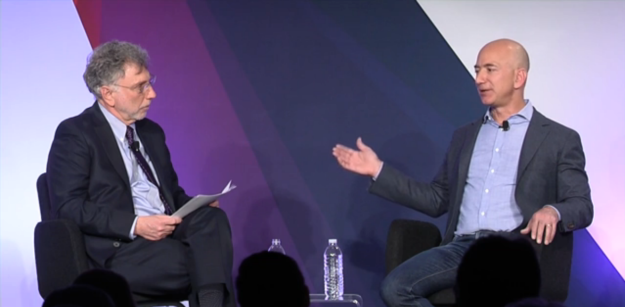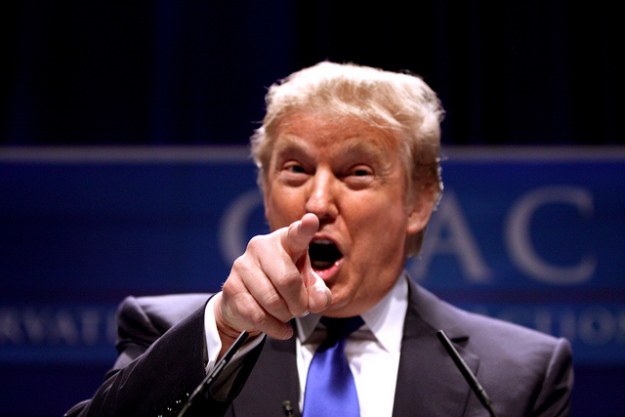 Politico media columnist Jack Shafer has written, if you can believe it, a semi-defense of the hedge fund Alden Global Capital and its principal, Randall Smith, who are in the midst of running their newspapers into the ground. Alden owns the Digital First Media chain, whose Denver Post is the locus of an insurrection against hedge-fund ownership. The 100-paper chain also owns three Massachusetts properties: the Boston Herald, The Sun of Lowell and the Sentinel & Enterprise of Fitchburg.
Politico media columnist Jack Shafer has written, if you can believe it, a semi-defense of the hedge fund Alden Global Capital and its principal, Randall Smith, who are in the midst of running their newspapers into the ground. Alden owns the Digital First Media chain, whose Denver Post is the locus of an insurrection against hedge-fund ownership. The 100-paper chain also owns three Massachusetts properties: the Boston Herald, The Sun of Lowell and the Sentinel & Enterprise of Fitchburg.
Shafer’s argument is a simple one: the end is at hand for the newspaper business, no one has figured out how to reverse its shrinking fortunes, and so therefore Smith can’t be blamed for squeezing out the last few drops of profit before the industry collapses. “Smith may be a rapacious fellow,” Shafer writes, “but his primary crime is recognizing that print is approaching its expiration date and is acting on the fact that more value can be extracted by sucking the marrow than by investing deeper or selling.”
Now, it’s possible that Shafer is right. But I’m considerably more optimistic about the future of newspapers than he is. Let me offer a few countervailing examples.
1. I certainly don’t want to sound naive about GateHouse Media, a chain of several hundred papers controlled by yet another hedge fund, Fortress Investment Group. GateHouse, which dominates Eastern Massachusetts, runs its papers on the cheap, too, and I’ve got a lot of problems with its barebones coverage of the communities it serves.
But GateHouse, unlike Digital First, is committed to newspapers. That’s why both insiders and outsiders were hoping GateHouse would buy the Herald. I genuinely think the folks at GateHouse are trying to crack the code on how to do community journalism at a profit for some years to come — and yes, its journalists are underpaid, and yes, I don’t like the fact that some editing operations have been centralized in Austin, Texas. But it could be worse, as Digital First demonstrates. For some insight into the GateHouse strategy, see this NPR story.
2. Smaller independently owned daily papers without debt can do well. The Berkshire Eagle is in the midst of a revival following its sale by Digital First to local business interests several years ago. In Maine, a printer named Reade Brower has built an in-state chain centered around the Portland Press Herald that by all accounts is doing well.
3. Large regional papers like The Denver Post are the most endangered. Transforming The Washington Post into a profitable national news organization, as Jeff Bezos has done, was a piece of cake compared to saving metros. As I describe in “The Return of the Moguls,” billionaire owner John Henry of The Boston Globe is pursuing a strategy that could result in a return to profitability: charging as much as the market will bear for print delivery (now up to more than $1,000 a year) and digital subscriptions ($30 a month). Globe executives say the paper is on track to pass the 100,000 mark for digital subscriptions in the first half of this year, and that the business model will start to look sustainable if it can reach 200,000.
In other words, reinventing the newspaper business is not a hopeless task. Randall Smith and Alden Global Capital have taken the easy, cynical route — but not the only route. There are better ways.








